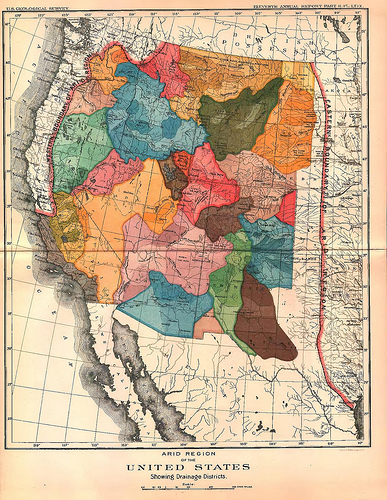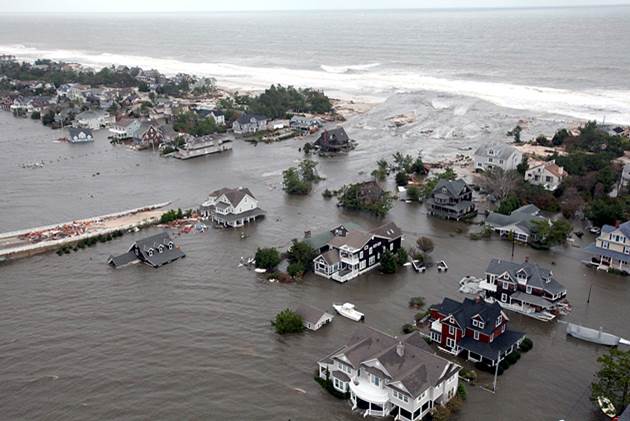New Jersey Future Blog
New Jersey Should Re-Join Greenhouse Gas Initiative
September 18th, 2014 by Chris Sturm
On Sept. 5, New Jersey Future filed official comments (PDF) with the state Department of Environmental Protection (NJDEP) expressing the organization’s strong support for New Jersey’s continued membership in the Regional Greenhouse Gas Initiative (RGGI). These comments were filed in response to the department’s proposed rule change that would permit the state to end its participation in RGGI.
“As an organization committed to smart growth, a healthy environment and a prosperous economy, we recognize the importance of reducing carbon emissions,” said Senior Director of State Policy Chris Sturm in the comments. “RGGI provides New Jersey with the resources needed to help lower energy costs by reducing electricity prices, encouraging energy conservation, and giving residents more … transportation choices.”
Because exhaust from transportation represents the single largest source of greenhouse gases, New Jersey Future worked closely with the NJDEP in 2009 to allow its Local Government Greenhouse Gas Reduction Planning Grant Program to include funds for towns that wanted to plan land-use changes that would enable residents to use low-carbon modes of transportation, such as biking, walking and transit. Unfortunately, Gov. Christie withdrew the state from the RGGI program before the grant program could be launched.
RGGI, a cap-and-trade system for carbon-dioxide emissions from power plants, was originally formed in 2003 and includes nine other Northeast states besides New Jersey. Permit auctions began in 2008, with the proceeds intended for promotion of energy conservation and renewable energy. Gov. Chris Christie removed New Jersey from the initiative in 2011. Three years later, a state court ruled that the Christie administration did not take the proper steps to end New Jersey’s participation in the program; as a result, the NJDEP is in the process of writing the necessary rules to authorize the state’s withdrawal. This new comment period is part of that rulemaking process.
While this has been taking place, the state Legislature introduced a concurrent resolution (SCR125) in the Senate, which declared that the administration’s actions were not consistent with the legislation establishing New Jersey’s participation in RGGI. The resolution passed the Senate environment committee on Sept. 15, and was supported by New Jersey Future. If it is passed by both the Assembly and the Senate — unlike a bill, a concurrent resolution would not require the governor’s signature – the resolution will call on the NJDEP commissioner to withdraw or amend the administration’s proposal within 30 days. Failure by the NJDEP to act during this window would permit the legislature to pass another resolution that could invalidate the new rules.
Environmentalists have put the cost to New Jersey of its withdrawal from RGGI at $114 million in auction proceeds so far, and a potential $500 million by 2020. Carbon-auction revenues to date from the initiative total $1.8 billion.
Full comments (PDF)

















